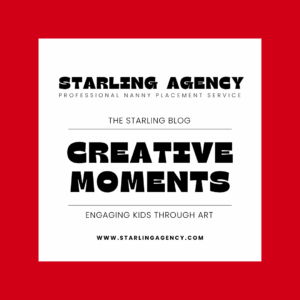
THE WONDER OF WALDORF
Do you enjoy alternative educational approaches that focus on holistic child development? If so, Waldorf education might be a concept worth exploring. This blog will introduce you to the fascinating world of Waldorf education and the principles that make it unique.
What Is Waldorf Education?
Waldorf education is a holistic approach to learning that seeks to cultivate the intellectual, emotional, physical, and social development of children. Founded by Rudolf Steiner in the early 20th century, this educational philosophy has gained recognition and admiration for its commitment to nurturing the whole child.
Holistic Learning
One of the key pillars of Waldorf education is its emphasis on holistic learning. Instead of focusing solely on academic achievement, it recognizes that children are multifaceted beings with unique qualities. Waldorf educators believe that a well-rounded education should include not only intellectual growth but also emotional intelligence, creativity, and practical skills.
Age-Appropriate Learning
Waldorf schools are organized into distinct stages, with a strong focus on age-appropriate learning. The curriculum is tailored to match the developmental stages of children. For instance, in the early years, there is an emphasis on play and imaginative activities to help children develop their creativity and social skills. As they grow, the curriculum evolves to meet their changing needs and capacities.
Art-Infused Learning
Art is woven into the fabric of Waldorf education. Whether it’s painting, music, or drama, creative expression is integrated into the academic subjects. This approach not only makes learning fun but also helps children develop their imaginative and artistic abilities.
No Rush to Formal Academics
Waldorf education encourages a later start to formal academics, believing that young children benefit from a play-based, experiential approach to learning. This allows them to develop a love for learning and problem-solving before diving into textbooks and tests.
Emphasis on Nature
Connecting with nature is also a fundamental aspect of Waldorf education. Outdoor activities, gardening, and environmental awareness are an essential part of the curriculum to instill a deep respect for the natural world.
Minimal Use of Technology
Waldorf philosophy often limits the use of technology. This approach aims to help children connect with the real world and their peers on a deeper level, fostering a sense of presence in the environment.
CONCLUSION
The Waldorf approach is a unique and nurturing approach to learning that focuses on the development of the whole child. It encourages creativity, emotional intelligence, and a deep connection with the natural world. Remember that every child is different, and what works best for one might not work for another. Ultimately, the goal of education is to help children become well-rounded, compassionate, and curious individuals, and Waldorf education is certainly one path that strives to achieve that. So, whether you’re a parent, educator, or nanny, take some time to explore the world of Waldorf and see if it resonates with your educational values.
Starling is a stellar nanny placement agency proudly serving Greater Seattle and the Eastside. Starling nannies are passionate about education and child development! We represent professional nannies, private teachers, newborn care specialists, household managers, family assistants, personal assistants, and more. Learn more about Starling’s core values.






